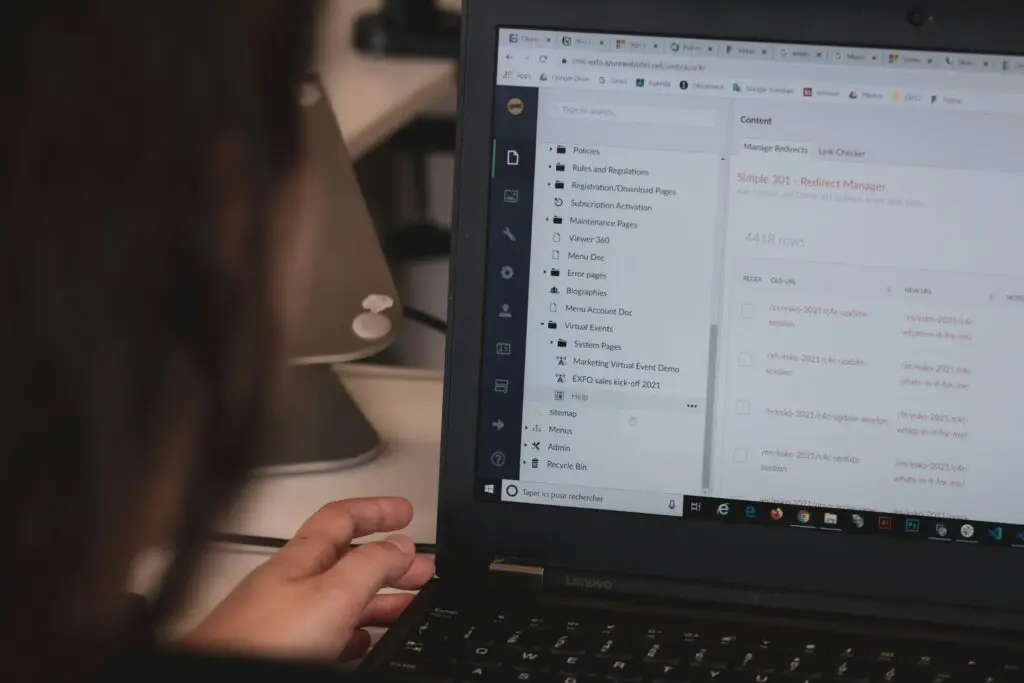As a journalist student, I am often reminded of the importance in going out and getting those useful contacts. If you are new to journalism, contacts are a way of getting ahead in your career and ‘knowing the right people’. Whether they’re presenters from your local news station, or they write reviews for trendy upcoming restaurants, connecting with them could be the start to your success! This is especially helpful when looking for university placements/work experience. It is likely that you will be expected to find one, and if not, then it is a great step forward in your journalism path anyway! To help you in deciding where and how to look for work, I have written my five top tips in getting work experience for journalism:
1. Send emails, emails, and more emails

It sounds pretty dull I know…and it is. But, it is the KEY to connection with businesses/people and a professional way of communication. Realistically, you wont get instant replies from the few you email, so take my advice and get into contact with as many valuable people as possible. By sending formal emails it will show to employers that you are confident in what you want and a professional journalist hoping to learn more from them.
2. Have confidence
When I started studying journalism, the idea of talking to strangers and getting a grasp of exactly who they were through interviews sounded absolutely daunting. The more I stepped out of my comfort zone and just started saying ‘hello’ and ‘could I ask you…’ to people, the more I realised the worst they could respond with was ‘no’.
And in all honesty, people rarely say no! (Who would say no to chatting about themselves anyway?) It is also a very true statement that if you seem professional and act professional, then people will see you as a professional! So get out there and show people your talents, the only person stopping you is yourself.
3. Build your portfolio
Portfolios are a great way to show people on paper those talents that you have. Being able to execute your work in a visually effective and impressive manner will prove to people everything you’ve created and worked for is trustworthy and deserves their time. You can do this in any way: presentations, folders, projects. As long as you are confident it has got exactly what you and your employers feel are needed to showcase your talents, then it’ll be good to go.
4. Find your niche
A great way to move forward in your steps to becoming a successful journalist is knowing exactly what kind of field you want to work in. And it is completely normal to not know instantly, but finding the specifics in your course that you thrive in or that peak your interest, will help you in so many ways. Explaining to potential employers that you would like to specialise in something can show that you’re a dedicated and strong-willed asset to their team.
5. Speak to experts

Obviously as students, you may not have the time to be reaching out to journalists or experts in the niche path you chose. However, the experts that could help you get to that point, is no one else but your teachers at university. They have been through it all a number of times and will be able to help you in the areas that you may not realise you needed help in.
These steps will help you feel ready to put yourself out there into a proper workplace and impress the people around you.
Where to look for journalism work experience
Here are some good platforms and routes where journalism students can find work experience, internships, and entry-level opportunities:
Dedicated journalism and media platforms
- Journo Resources – UK-based site listing internships, trainee schemes, and freelance opportunities.
- Journalism.co.uk – Regularly posts jobs, internships, and trainee journalist schemes.
- HoldtheFrontPage – Focuses on regional journalism roles, including work experience placements.
- Cision Jobs – Media and PR-focused roles, sometimes suitable for journalism graduates.
- Gorkana Jobs – A hub for journalism and media job listings.
Wider job boards with media filters
- Indeed – Search for “journalism internships” or “trainee reporter.”
- LinkedIn – Good for networking with editors, following media companies, and spotting internships.
- Glassdoor – Useful for finding larger organisations’ structured internships.
- Creative Access – Provides opportunities aimed at underrepresented groups in media.
Student and entry-level schemes
- BBC Careers – Work experience and journalism apprenticeships.
- ITV Careers – Offers journalism trainee schemes and placements.
- Sky News Early Careers – Graduate schemes and placements.
- The Guardian Foundation – Offers bursaries, schemes, and work experience pathways.
- Channel 4 Talent – Journalism and media trainee opportunities.
Freelance and portfolio building platforms
- Upwork / Fiverr – While not journalism-specific, students can get writing commissions to build a portfolio.
- Medium – Great for self-publishing and building a personal writing brand.
- Substack – Popular for independent newsletters and journalism projects.
University and networking options
- Student media (newspapers, radio, TV) – Often the best starting point for clips and portfolio work.
- NUJ (National Union of Journalists) – Offers student membership and advertises training/work experience.
- Twitter/X & Mastodon – Many editors post call-outs for writers. Following hashtags like #JournoJobs or #WritingCommunity can help.
- Unifresher – a platform for students to write about their own experiences and learn the world of online publishing. (Visit our Write for Us page for more info).

Topic expertise: Student Cities, Cost of Living, Nightlife, Wellbeing, Accommodation
FAQs: How to Get Work Experience in Journalism
Start where editors actually look for emerging talent: student media (newspaper, radio, TV), hyperlocal sites, societies that need comms, and community stations. Treat campus events, council meetings, and local sport as real beats—file clean copy with quotes, a strong top line, and a usable pic to earn your first bylines. Build momentum with live blogs from events, short social video explainers, and fast turnarounds on breaking campus news.
Create your own clips by reporting small, real stories you can access today: a 400–600 word campus news hit, a local profile with original quotes, a service explainer (e.g., rent, transport, student finance), and one multimedia piece (60-second radio wrap or vertical video). Prioritise stories with clear public value and a strong headline/SEO keyphrase so editors can instantly see the angle and audience.
Keep it brief and newsy. Subject line: Pitch: [specific headline/angle] – [section]. In 4–6 sentences, state the peg (why now), the audience, who you’ll interview, any data/documents you’ll use, the format (700 words/Q&A/video), and your turnaround. Link to 2–3 relevant clips, add a one-line bio (location/beat), and specify availability for trials or desk shifts. Avoid attachments; paste links.
Check newsroom careers pages (national, regional, digital-only), broadcasters, magazines, and specialist/B2B titles. University job boards, industry newsletters, and LinkedIn search alerts surface short placements, summer schemes, trainee programmes, and ad-hoc shifts. Don’t ignore local councils, charities, and trade publications—your bylines and newsroom habits matter more than brand names early on.
It isn’t mandatory for initial work experience or freelancing, but accredited training is highly valued for staff roles—especially for media law, ethics, court reporting, public affairs, and shorthand. If you’re not on an accredited course, upskill with short modules (data basics, FOI, verification, audio/video editing) and show that knowledge in your clips through accurate sourcing, clear attributions, and legally safe copy.
Authors
-
Hi, I'm Zoe and I'm studying Journalism in Nottingham! I love pop culture, food blogs and emotive news. My dream is to have my own podcast one day and meet interesting people from all over the world.
Top tip for students? Take time for social activities and nights out, you deserve it!
View all posts
-
Connor is a seasoned content expert at Unifresher, specialising in publishing engaging and insightful student-focused content. With over four years of experience in data analysis and content strategy, Connor has a proven track record of supporting publishing teams with high-quality resources. A graduate of the University of Sussex with a BSc in Accounting and Finance, he combines his academic background with his passion for creating content that resonates with students across the UK. Outside of work, Connor enjoys staying active at his local gym and walking his miniature dachshunds.
View all posts





